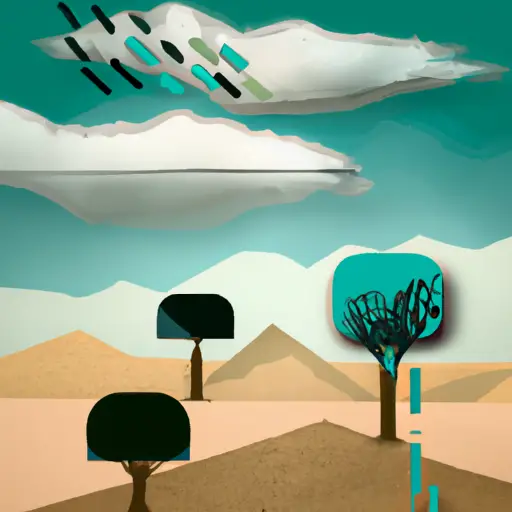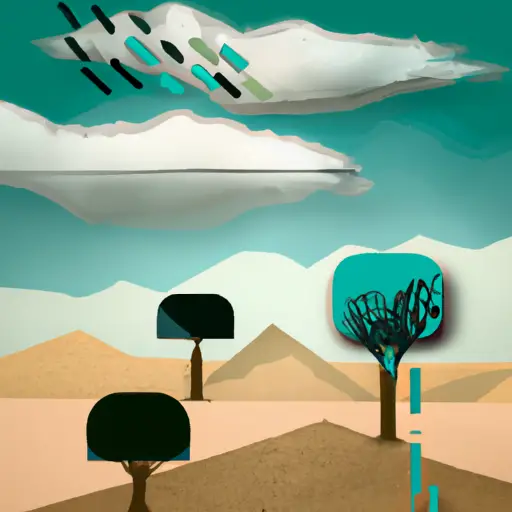Have you ever heard someone say they’re living “off the grid”? It’s a phrase that has gained popularity in recent years, especially among those who are seeking a simpler and more self-sufficient lifestyle. But what exactly does it mean? In slang terms, being “off the grid” refers to living without the reliance on public utilities such as electricity, water, or gas. It’s about disconnecting from the modern conveniences of the city and embracing a more self-reliant way of life.
Living off the grid entails relying on renewable energy sources such as solar panels or wind turbines for electricity, collecting rainwater or using natural water sources for your water supply, and even growing your own food through gardening or farming. It’s essentially about reducing your carbon footprint and becoming more independent from societal norms and expectations. It’s a way of life that allows individuals to have more control over their resources and the way they live.
In this article, we’ll delve deeper into the meaning of living off the grid, exploring its benefits, challenges, and even some practical tips if you’re considering this lifestyle change. By the end, you’ll have a better understanding of what it truly means to live “off the grid” in today’s slang usage and whether it’s a lifestyle that aligns with your own values and aspirations. So, let’s dive in and explore this fascinating topic together.

Understanding the Slang Meaning of ‘Off the Grid’
Off Grid Living
Living off the grid has gained significant popularity in recent years, with many individuals seeking a simpler and more independent lifestyle. But what does it mean when someone uses the phrase “off the grid” in a non-literal sense? In this article, we will explore the slang meaning of “off the grid” and delve into its origins, common usage, and misconceptions.
Exploring the Origins of ‘Off the Grid’ Slang
The term “off the grid” originally referred to living without being connected to public utilities such as electricity, water, or gas. It implied a complete self-sufficiency, often associated with secluded cabins or remote homesteads. However, in recent years, the meaning has expanded beyond its literal context and has been widely adopted as slang.
Urban Dictionary’s Definition of ‘Off the Grid’
According to Urban Dictionary, a popular online source for slang definitions, “off the grid” now refers to someone who intentionally separates themselves from the norms, expectations, and demands of modern society. It’s about choosing to disconnect from technology, social media, and the constant connectivity that pervades our lives.
Common Usage of ‘Off the Grid’ in Conversations
In everyday conversations, the phrase “off the grid” is used to describe individuals who deliberately live a life that rejects the mainstream. These people often choose unconventional lifestyles, away from the hustle and bustle of urban areas. They might opt for living in rural communities, adopting alternative energy sources, and minimizing their consumption of material goods.
Interpreting the Figurative Usage of ‘Off the Grid’ in Context
When used figuratively, “off the grid” expresses a desire for freedom from societal expectations and pressures. It suggests a yearning for simplicity, nature, and personal autonomy. People who identify with this slang meaning often seek tranquility, self-sustainability, and a deeper connection to nature and themselves.
The Appeal and Symbolism of ‘Off the Grid’ Lifestyle
The appeal of the off the grid lifestyle lies in its freedom from societal norms and expectations. It allows individuals to define their own path and prioritize what truly matters to them. Living off the grid often involves growing your food, generating your power, and living in a way that respects the environment.
For many, this lifestyle symbolizes a return to a simpler time, far from the noise and chaos of urban living. It provides a sense of fulfillment, self-reliance, and harmony with nature. The off the grid lifestyle encourages individuals to seek self-discovery, mindfulness, and a slower pace of life.
The Influence of Pop Culture on the Slang Meaning of ‘Off the Grid’
The influence of pop culture on the slang meaning of “off the grid” cannot be underestimated. Movies, TV shows, and books have romanticized the idea of secluded cabins in the woods, far from the distractions of modern society. Characters portrayed as living off the grid have become symbols of freedom, rebellion, and nonconformity.
Additionally, social media platforms and influencers have popularized the notion of living off the grid. They showcase idyllic images of sustainable homes, organic gardens, and rustic living that captivate many individuals who long for a simpler, more purposeful life.
Misconceptions Surrounding the Slang Phrase ‘Off the Grid’
There are several misconceptions surrounding the slang phrase “off the grid.” Some believe that it means complete isolation from society, while others see it as an extreme and unattainable lifestyle. However, adopting an off the grid mindset does not necessarily mean severing all ties with society. It is more about establishing a deliberate balance between embracing simplicity and responsibly engaging with the world around you.
In Conclusion
Understanding the slang meaning of “off the grid” allows us to appreciate the desire for a more independent, simplified, and intentional life. It is a term that encapsulates a longing for freedom, self-sustainability, and a connection with nature. Living off the grid, whether literally or figuratively, speaks to the human need to find our own path and forge a life that aligns with our values. So, next time you hear someone talk about going off the grid, remember that it is more than just a catchy phrase – it represents a profound longing for a different way of being in the world.





